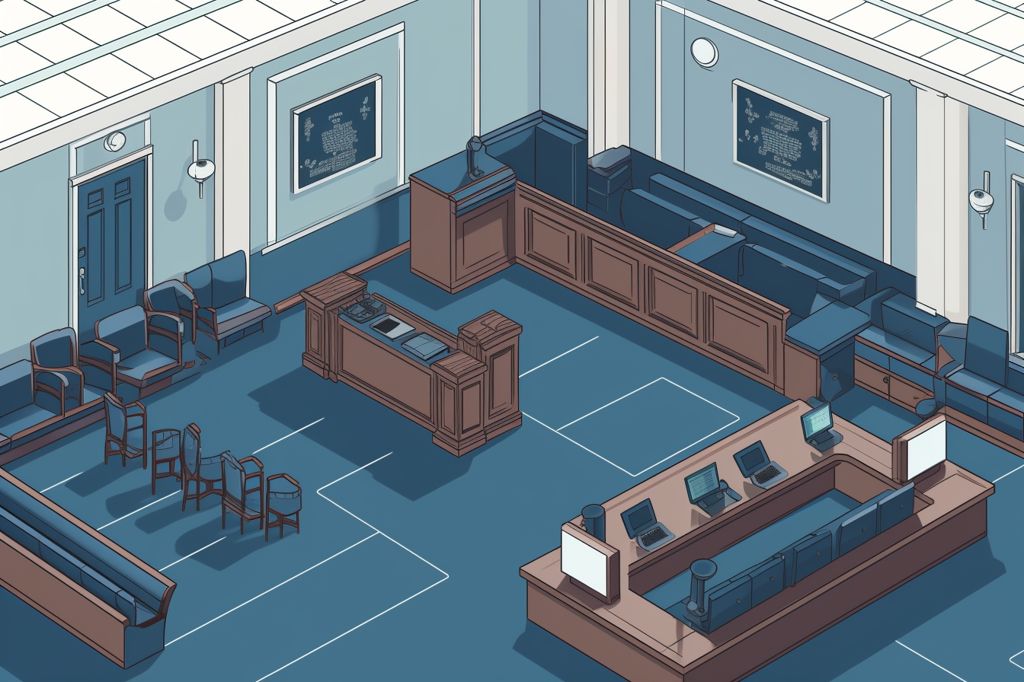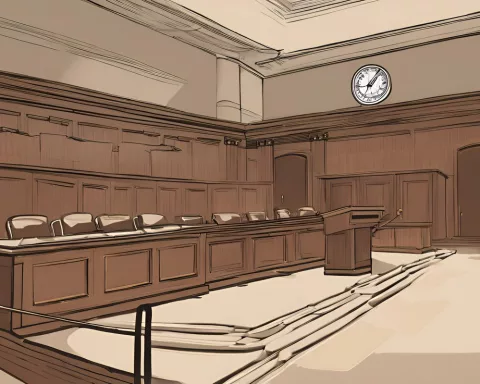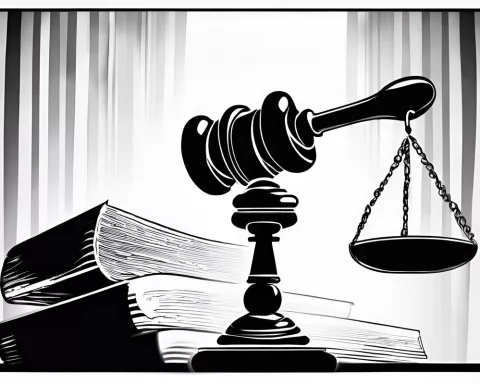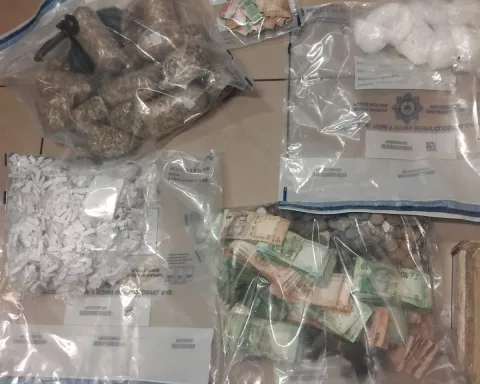Access to justice is a fundamental right for all citizens, and the Department of Justice and Constitutional Development in South Africa is committed to ensuring that this right is upheld. As the current administration enters its final year, the Department has identified several key areas to focus on to improve access to justice for all citizens.
Improving Court Facilities
The Department has recognized the challenges faced by Magistrates Courts, including daily power outages, water shortages, and malfunctioning equipment. To address these issues, the Department has implemented the National Facilities Project, which involves installing inverters, generators, solar systems, boreholes, and water tanks in court facilities. This initiative is aimed at improving the efficiency of justice officials and enhancing the dignity of citizens seeking justice.
Rationalizing the Judicial Establishment of Lower Courts
Rationalizing the judicial establishment of lower courts is a key priority for the Department to ensure that the correct number of District and Regional Magistrates are present at each court. The Committee on the Rationalisation of Lower Courts Judicial Establishments is expected to submit their report by the end of November this year.
Protecting the Rights of Vulnerable Individuals
The Department has prioritized protecting the rights of vulnerable individuals and making it easier for them to access the justice system. The recently passed Gender-Based Violence (GBV) Amendment Acts have brought significant changes to the legal framework in the GBV sector. The acts recognize non-verbal communication as oral evidence, allowing witnesses with physical, psychological, mental, or emotional conditions to use demonstrations, gestures, or communication devices when testifying.
To accommodate these legal developments, the Department amended the Minimum Service Standards for the Strategy on Reasonable Accommodations and Measures to Access Justice for Courts Users with Disabilities last year. This initiative resulted in the upgrading of 70 lower courts and the establishment of 145 disability-centric courts nationwide. The Department plans to upgrade an additional 65 lower courts to offer reasonable accommodations during this financial year.
Expanding Thuthuzela Care Centres
The National Prosecuting Authority (NPA) has made significant progress in expanding its Thuthuzela Care Centres (TCCs) to support sexual offence survivors. Currently, there are 63 operational TCCs in rural, urban, and peri-urban communities nationally. The NPA has also partnered with the private sector to increase the number of TCCs and enhance existing facilities.
Reviewing the National Intervention Strategy
The Department is reviewing the National Intervention Strategy on Sexual Orientation, Gender Identity, Expression and Sex Characteristics Matters to make the court system more accessible to survivors of sexual crimes. The revised strategy will address issues of access to broader human, socio-economic, civil, and political rights for LGBTIQ+ individuals in South Africa.
Decriminalizing Sex Work
In November last year, the Cabinet approved the publishing of the Criminal Law (Sexual Offences and Related Matters) Amendment Bill of 2022 for public comments, aiming to decriminalize sex work and protect the human rights of sex workers.
The Department of Justice and Constitutional Development is committed to improving access to justice for all citizens, particularly the most vulnerable. The initiatives outlined above are aimed at enhancing the efficiency of the justice system and providing dignified assistance to citizens seeking justice. The budget allocated to these initiatives will enable the Department to make a meaningful difference in the lives of people and provide the services they are entitled to.












